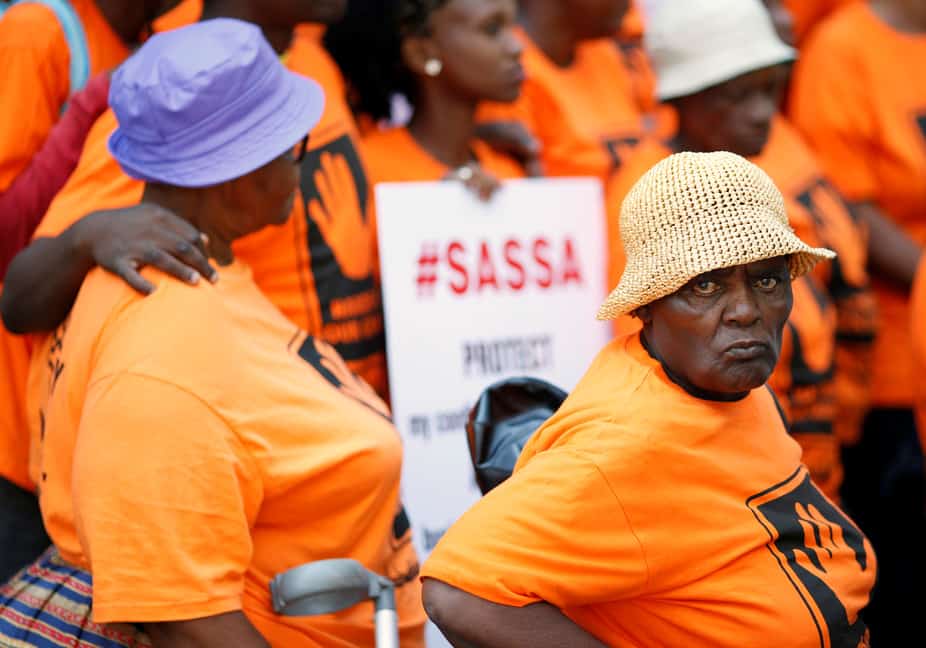In South Africa, where nearly half the population depends on state support, social grants have become a critical safety net for millions. A 2023 report from the South African Social Security Agency (SASSA) highlights the significant role of grants in supporting the country’s most vulnerable citizens. Over 16 million people are permanent beneficiaries, while an additional 10 million received the temporary Social Relief of Distress Grant (SRD), which was initially introduced during the COVID-19 pandemic to support the unemployed.
The SRD grant, which started at R350 and was later increased to R370, was meant to provide relief for six months but was extended until March 2025 due to ongoing economic challenges. To better understand how these grants impact beneficiaries, IOL spoke with a family of 12 from Mabopane, a township in Tshwane. This family of six unemployed siblings and their six children depends entirely on the grants for survival.

Lerato Moketla, a member of the family, explained their situation: “I lost my mother and father, and I live with my five siblings. We are six, all unemployed, and we have children. Out of the six children, only four receive the child support grant. From my siblings, only one gets the R370 for unemployed people.” Together, they survive on R2,120, which comes from the four children under 18. The other two children have been removed from the grant system.
Unfortunately, the money barely covers the family’s monthly expenses. Moketla shared, “The money doesn’t sustain us. It doesn’t even cover our groceries. We recycle plastics and tins, and we ask our neighbours to help by keeping some items for us. We can’t even afford water and electricity. We’ve been using them illegally for over 10 years.”
In an effort to improve their situation, Moketla and her family approached the municipality to apply for the POP (Poor of the Poorest) assistance, but their application was rejected. They were told that one of the siblings had registered a company, which is now defunct, and they would need to deregister before applying. Additionally, their municipality bill is overwhelming, and they cannot afford to pay it. Moketla pleads for help from the government, asking for an increase in the child support grant or job opportunities so they can better support their family. “It would also be best if municipalities could wipe off our debts and let us start fresh,” she added.
A social worker, who spoke on condition of anonymity, revealed the challenges faced by families despite receiving grants. Her role involves visiting families to assess their living conditions and determine if they qualify for additional help. “Every region has offices for people to apply for extra help if their grant money isn’t enough, but we first investigate their financial status and the number of dependents,” the social worker said. She noted that if a family’s income exceeds R4,000, they are disqualified from receiving further support. For those who do qualify, they are provided with bread every morning, monthly groceries, and clothes every three months.
The growing concern is that the current social grant increases are insufficient when compared to the rising cost of food and living. Suggestions have been made to raise the grants to meet the increasing demand. However, SASSA spokesperson Andile Tshona explained that the agency does not set the grant amounts. “The money paid to beneficiaries is not determined by SASSA,” he stated, adding that grant policies are decided by the government. Tshona clarified that SASSA follows directives from its parent body, the Department of Social Development, and works within budget allocations set by the National Treasury. “We cannot do anything outside of that. We are guided by policy and budget,” he concluded.
The situation highlights the challenges faced by many South Africans who rely on social grants to survive and the continued debate around whether these grants are sufficient to meet the needs of an increasingly vulnerable population.
